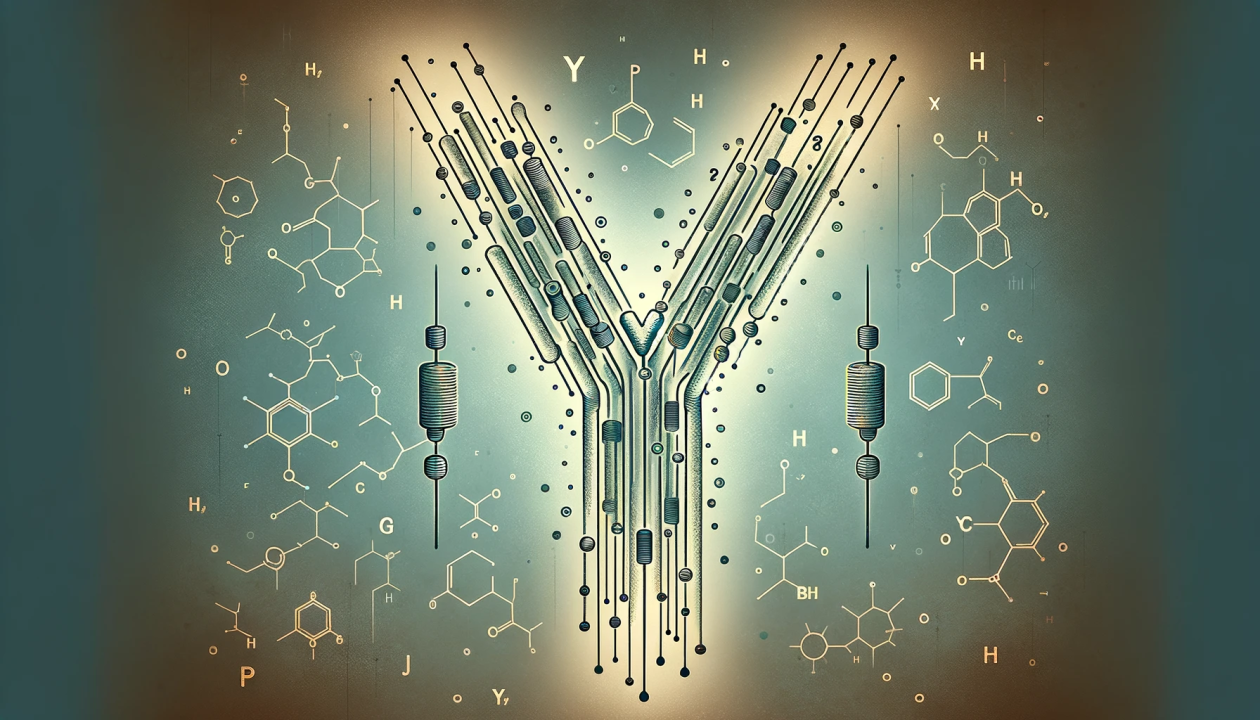Decoding Antibody Stability in Biopharmaceutical Research

In the high-stakes realm of biopharmaceutical research and development, understanding antibody stability is very important. Antibody stability is a multi-faceted concern that includes aspects of aggregation, degradation, and conformational integrity. Each of these potential problems can negatively impact antibody stability and the performance and manufacturability of biotherapeutics.
The stability of monoclonal antibodies is often assessed through techniques like size-exclusion chromatography (SEC), dynamic light scattering (DLS), and differential scanning calorimetry (DSC). These techniques provide insights into the size distribution, colloidal stability, and thermal stability of mAbs, respectively. However, the conventional methods, while invaluable, fall short of delivering a real-time, in situ analysis across a variety of stress conditions encountered during bioprocessing.
ARGEN was designed to address these analytical gaps by offering a comprehensive platform for the real-time monitoring and rapid characterization of biopolymer stability. Unlike conventional methods, ARGEN provides information on the kinetics of oligomeric state transitions, such as the shift from monomer to dimer or higher order species. This cannot be achieved with GPC or SEC analysis.
ARGEN finds its niche in the value chain of drug discovery research, purification process development, and the formulation development of therapeutic proteins, including antibody drugs. It provides a unique vantage point to observe and quantify the effects of chemical, shear, and thermal stresses encountered during various bioprocessing stages. ARGEN has 16 sample cells that operate independently, allowing users to model a wide spectrum of stress conditions, ranging from buffer and solvent conditions to stirring and thermal stress.
The real value-proposition of ARGEN is its ability to monitor multiple samples in parallel, in a Design of Experiments (DOE) format. This ability has significantly reduced data collection times when compared to conventional static light scattering instruments. ARGEN can also monitor antibody stability under stirring stress and is suitable for long-term stability studies at temperatures as low as 3°C. This feature is particularly noteworthy as it surpasses the limitations of current instruments incapable of analyzing samples at such low temperatures, in-situ, and in real-time.
Furthermore, ARGEN’s sensitivity to changes in molecular weight is unrivalled and can be coupled with orthogonal techniques such as SEC, native PAGE, DLS, and Raman spectroscopy for a more robust understanding of biopolymer stability.
Understanding monoclonal antibody stability is imperative for a successful transition from the lab bench to a patient’s bedside. Instruments like ARGEN are paving the way for more informed, real-time decisions that can help ensure next-generation drug developments continue to improve patient outcomes across the world.
Connect with Yokogawa Fluence Analytics Today!

